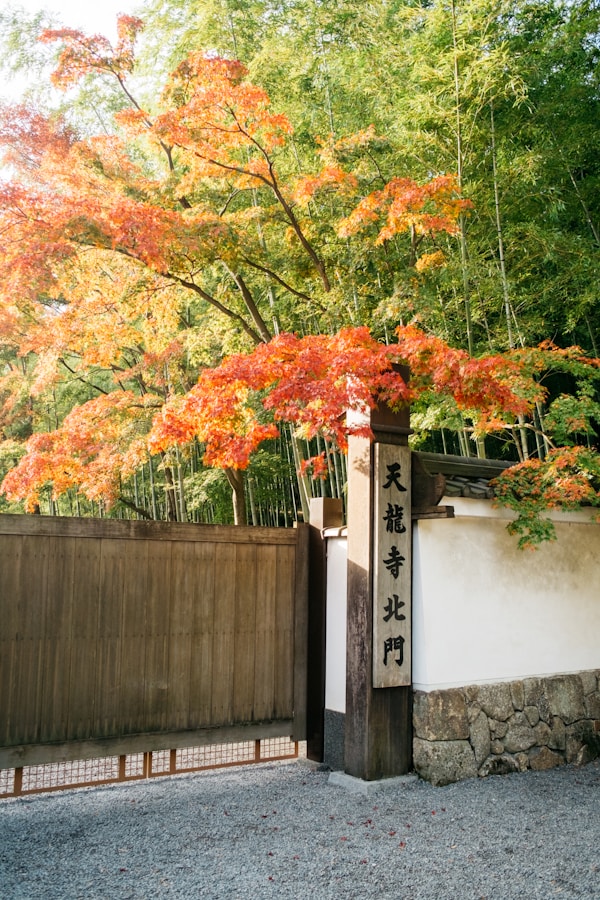.svg)
Why Does Japan Have So Many Empty Houses?
.svg)
.svg)
.svg)

Buying in snowy parts of Japan? Learn how snow load regulations affect older homes, renovations, and what to check before purchasing an akiya in cold regions.


If you're considering buying an akiya in snowy parts of Japan—like Hokkaido, Tohoku, or parts of Niigata and Nagano—one term you need to be familiar with is "snow load." Whether you're renovating or rebuilding, understanding how Japan regulates snow loads is essential for safety, legal compliance, and protecting your investment.
In this post, we’ll explain what snow load regulations are, how they impact building standards, and what foreign buyers should be aware of before purchasing a home in a snow-prone area.

What Is Snow Load?
Snow load refers to the weight of accumulated snow that a roof or structure must be able to support safely. In snowy regions of Japan, buildings are required by law to withstand specific snow loads depending on location, altitude, and climate history.
If snow builds up too heavily on a weak or outdated roof, it can lead to:
For this reason, local building codes in snowy regions often have stricter requirements for structural reinforcement.
How Snow Load Is Measured in Japan
In Japan, snow load is measured in kilonewtons per square meter (kN/m²). The exact requirement depends on regional zoning, and each municipality has its own specified minimums.
Examples:
The higher the number, the stronger the structure must be to handle the snow safely.
Do All Homes Meet These Standards?
.jpg)
Not necessarily—especially older akiya.
Homes built before Japan's 1981 Building Standards Act (when seismic and snow load rules were updated) may not meet current snow load requirements. That means:
If you're buying in a high-snowfall area, it's crucial to have a qualified inspector or architect assess the structure’s load-bearing capacity.
Renovating or Rebuilding? Here’s What You’ll Need
If you’re planning to:
...you’ll likely need to submit structural calculations proving your roof meets the area's snow load standards. These documents must be prepared by a licensed architect or structural engineer and submitted to your local building office.
Tips for Buyers in Snow Zones
✅ Ask the city office for snow load maps or zoning data before buying
✅ Check if the property has a sloped roof or snow guards — important features in heavy snow regions
✅ Request a structural inspection from a licensed builder or architect
✅ Plan for snow removal or snow-melt systems, especially if the roof is flat
✅ Understand your obligations — some towns require you to clear snow from public-facing roofs or paths to prevent accidents
How Old Houses Japan Helps
We support buyers purchasing in snowy regions by:
Whether you're buying a home in Sapporo or the mountains of Yamagata, we’ll make sure snow load isn’t a surprise—it’s a part of the plan.
Final Thoughts
Snowy Japanese towns can offer stunning scenery and cozy living—but they also come with serious structural demands. Don’t overlook snow load regulations when buying or renovating in these regions. With the right information, a solid roof, and a support team like Old Houses Japan, you can enjoy your winter home without worry.
Start your journey with Luxey today! Sign up for free and get instant access to the best property listings.



